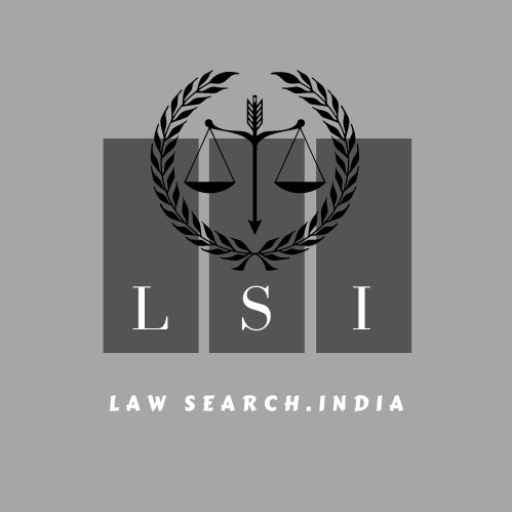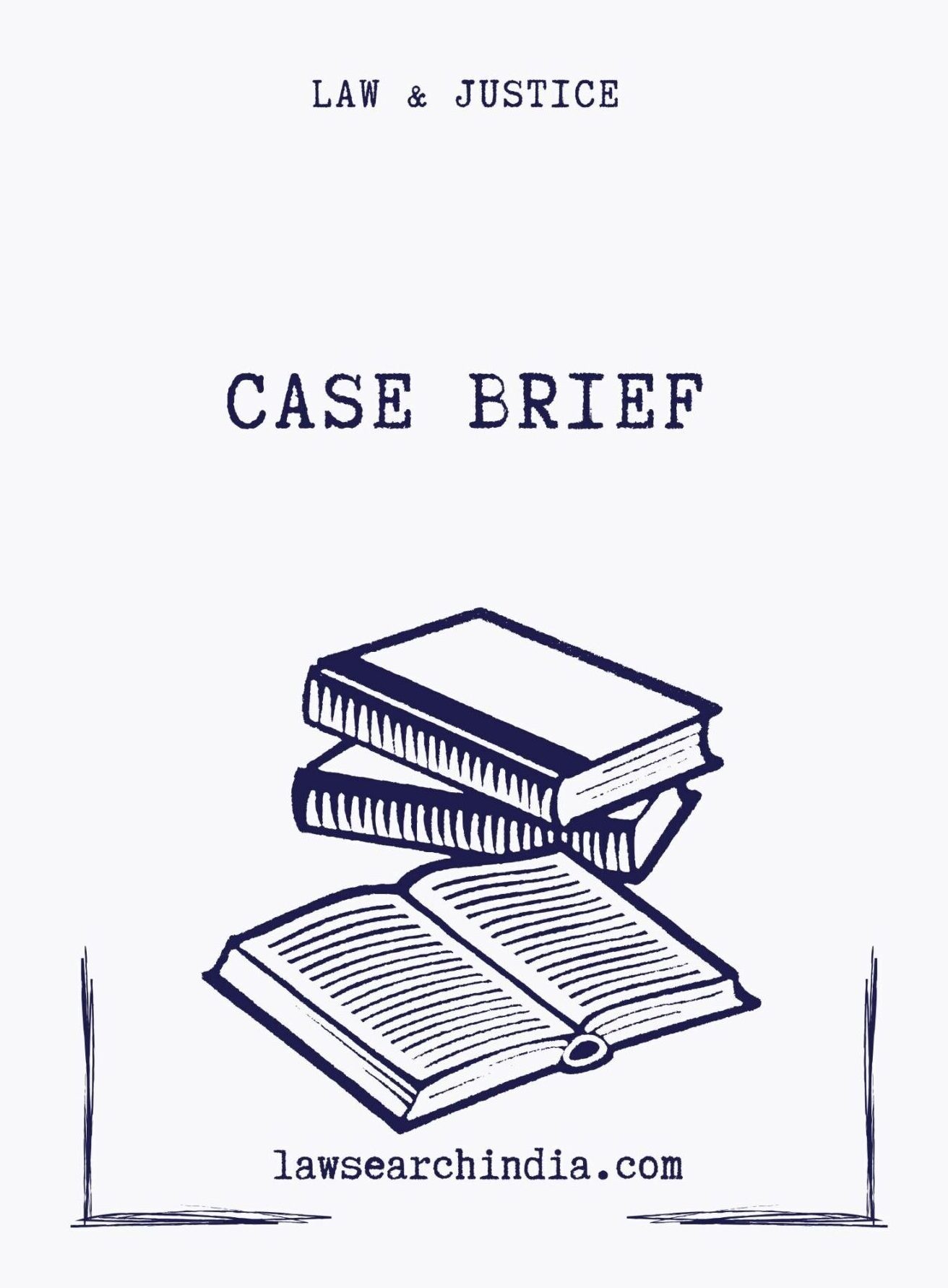
CASE DETAILS:
| Bench Hemant Gupta J. Vikram Nath J. | Case no. (2022) SCC Online SC 1265 | Acts/law Hindu succession Act and Delhi Land Reforms Act |
INTRODUCTION:
In Har Naraini Devi and Another vs. Union of India and Others, an order of the division bench was assailed by filing an appeal before the apex court on the ground that section 50 of Delhi Land Reforms, 1954 (hereinafter referred as DLR Act) being ultra vires to Article 14, 15, 21 & 254 of the Constitution. The significant issue in the present case was controversy regarding the applicability of the Delhi Land Reform Act, 1954 and the Hindu Succession Act, 1956 on any inheritance that accrued before the amendment of Hindu Succession in 2005.
FACTS:
One Mukhtiar Singh had 3 sons, third one was Ishwar Singh. Appellant are widow and daughter of shri Ishwar Singh whereas respondent no. 3 & 4 are sons of Ishwar Singh. After death of Mukhtiar Singh property was succeeded by his grandson that is respondent no. 3 & 4 under section 50 of DLR Act. Appellants challenged the validity of section 50 as they were denied right in inheritance along with respondent no. 3 and 4.
ISSUES:
The relief as claimed before the High Court in the writ petition is reproduced below:
- To declare clause (a) of S.50 of the Delhi Land Reforms Act, 1954 unconstitutional being ultravires Articles 14, 15, 254 and 21 of the Constitution of India;
- To declare the Petitioners “bhumidhar” having equal rights of succession at par with the respondent Nos. 3-4 in the property inherited by them detailed in Annexure P-3;
GROUNDS BEFORE HIGH COURT
- Violation of Article 14;
- Discrimination against women;
- Hindu Succession Act, 1956 will prevail over DLR Act 1954;
HIGH COURT JUDGMENT:
In para 8 division bench held that DLR Act had been placed in 9th schedule of the Constitution and in the view of Article 31(B) of the Constitution of India it is immune from being challenged therefore the writ was dismissed. Further present appeal filed challenging the order of the High Court. High court observed that all the statutes which added under 9th Schedule before Kesavananda Bharati judgmentwould stand protected under Article 31B including DLR Act in the present case.
Appellants Arguments:
- In view of Article 254 of Constitution HSA 1956 will prevail over DLR Act 1954;
- Section 4(2) omitted after 2005 amendment therefore HSA will be applicable;
- In view of judgment of Vineeta Sharma vs. Rakesh Sharma (2020) 9 SCC 1 section 6 will be applicable retrospectively;
- Section 50 of DLR is violative of Article 14 and 15 of Constitution- discrimination on the ground of sex;
- Appellant relied on Babu Ram vs. Santokh Singh (2019) 14 SCC 162.
Respondents Argument:
- DLR can not be assailed as same comes under 9th schedule and immune because of Article 31B of Constitution;
- Respondent highlighted the objective of the DLR Ac and asserted that DLR is a uniform law for the succession of agricultural land;
- Deletion of section 4(2) of HSA will not affect DLR Act;
- HSA is a general law and DLR Act is a special law;
Respondents relied on the following precedents:
- Kesavananda Bharati vs. Union of India (1993) 4SCC 225;
- Waman Rao v. Union of India(1981) 2 SCC 362;
- I.R. Coelho (Dead) by Lrs. v. State of Tamil Nadu(2007) 2 SCC 1
OBSERVATION:
Immunity under Article 31B:
In para 14 &15 court upheld the view taken by the High Court that DLR Act was included in 9th Schedule before passing of judgment of Kesavananda Bharti judgment therefore the same is immune from being challenged on the ground of violation of rights conferred under Part III of Constitution.
Repugnancy- Article 254 of the Constitution:
Article 252 is concerning the inconstancy between law made by the Parliament and law made by the State legislature with respect to the matters enumerated in the concurrent list of 7th schedule.
The relevant entries of 7th Schedule concerning the present case are being reproduced here:
“List II - State List
Entry 18: Land, that is to say, right in or over land, land tenures including the relation of landlord and tenant, and the collection of rents; transfer and alienation of agricultural land; land improvement and agricultural loans; colonization.
List III - Concurrent List
Entry 5: Marriage and divorce; infants and minors; adoption; wills, intestacy and succession; joint family and partition; all matters in respect of which parties in judicial proceedings were immediately before the commencement of this Constitution subject to their personal law.
Entry 7: Contracts, including partnership, agency, contracts of carriage, and other special forms of contracts, but not including contracts relating to agricultural land.”
Court ascertained the law laid down by the apex court in Innoventive Industries Ltd. v. ICICI Bank (2018) 1 SCC 407 wherein court held that Article 254 is attracted only when both the laws central and state laws are enacted under the List III that is concurrent list of Schedule 7.
In para no. 21 of the present case court observed that DLR Act is not referable to any matter enumerated in the list III therefore Article 254 can not be invoked.
Further in para 22 court opined that it is wrongly contended that HSA is a special law as state enactment on the agricultural land is a special law.
Deletion of Section 4(2):
Section 4(2) read as follows:
4. Overriding effect of Act:
(1) ………………
(2) For the removal of doubts, it is hereby declared that nothing contained in this Act shall be deemed to affect the provisions of any law for the time being in force providing for the prevention of fragmentation of agricultural holdings or for the fixation of ceilings or for the devolution of tenancy rights in respect of such holdings.”
Court in para 24 observed that Mukhriar Singh dies in 1997 and section 4(2) was there in existence at that time when disputed agricultural land was inherited by the respondents. Court further held that future amendment in 2005 thereby omission of section 4(2) will not have any impact on the inheritance which already accrued. Court viewed that it is a settled preposition of the law that all the amendments apply prospectively unless it is explicitly applied retrospectively.
Special law and general law
In para 29 court observed DLR Act as a special law dealing with fragmentation, ceiling, and devolution of tenancy rights over agricultural holdings only, whereas the 1956 Act is a general law, providing for succession to a Hindu by religion. Therefore, existence or absence of Section 4(2) in the 1956 Act would be immaterial.
Effect of Vineeta Sharma judgment:
Appellant pleaded the retrospective application of deletion of section 4(2) of HSA, this court in present case observed that judgment of Vineeta Sharma court gave retrospective application only to section 6 of HSA and not to deletion of section 4(2).
Effect of Babu Ram judgment:
Court held that the said judgment is not applicable as that was concerning Himachal Pradesh where there is not law concerning the Entry 18 List II of 7th schedule therefore court in the said case concluded that HSA 1956 will be applicable concerning agricultural land.
Present appeal was dismissed and HSA will not applicable in the present case where inheritance has already accrued.
Also read
NIRMALA AND OTHERS vs. GOVERNMENT OF NCT OF DELHI AND OTHERS (2010) SCC Online Del 2232
